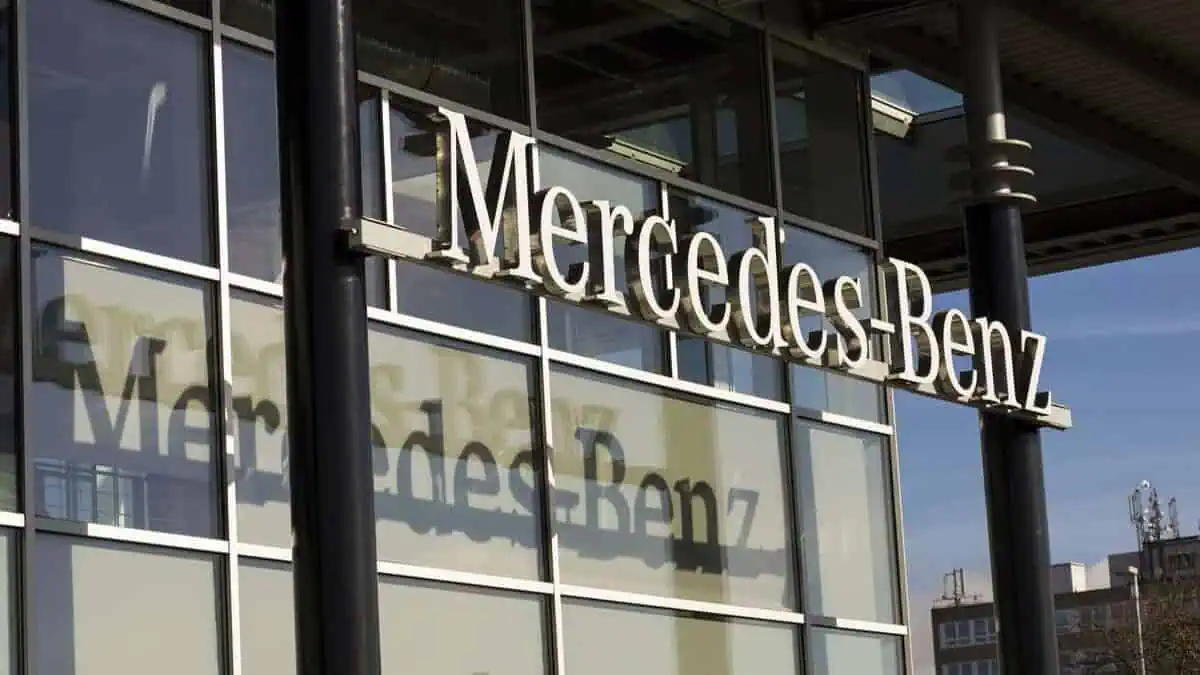Mercedes-Benz, MN8 Energy, and ChargePoint have partnered to install 400 fast electric vehicle charging hubs across the US, as per The Verge. These companies aim to increase EV sales and strengthen the country’s ailing EV charging infrastructure.
Notably, Mercedes and MN8 will split the projected $1 billion project cost evenly.
The companies will build hundreds of new hubs with more than 2,500 DC fast-charging plugs this year. The project will use ChargePoint’s EV charging hardware and software and be financed partly by MN8 Energy, a Goldman Sachs Asset Management division focused on solar and energy storage.
“This is for us a strategic decision to really put our money where our mouth is and back up the direction that we’ve already taken, pivoting towards electric and putting the company in a position by the end of this decade to be able to serve markets with an all-electric lineup.”
Ola Källenius, CEO of Mercedes-Benz
Mercedes has stated that it expects to only sell electric vehicles by the end of the decade “where market conditions allow.” Even though numerous automakers have made similar claims, many challenges still exist, such as low production capacity and higher-than-average EV prices.
Mercedes and ChargePoint stated that the charging hubs will be located “in major cities and populated urban areas, along major highway corridors and close to convenient retail and service destinations.” According to company executives, other potential locations include Mercedes dealerships, upscale shopping malls, and other stores that Mercedes owners frequent.
The “key cities and populated urban areas” will place the EV charging hubs
The hubs will be accessible to all EVs, not just Mercedes ones. However, EQS and other Mercedes EV owners will have the option to reserve specific stations.
“It will be a secure location. It won’t be in some shopping center’s backyard next to a dumpster. We want a premium, seamless process here. Therefore, we provide reservations as a feature to Mercedes customers.”
Markus Schäfer, chief technology officer at Mercedes
Mercedes and ChargePoint have a prior agreement for an “industry-leading” EV charging solution known as Mercedes me Charge. It enables access to ChargePoint’s chargers without needing multiple charging network accounts, subscriptions, or charge cards.
Furthermore, Mercedes EV owners can access two years of free charging through the automaker’s agreement with Volkswagen‘s Electrify America program.
There are more than 100,000 outlets in the US at 41,000 public charging stations. Of course, public charging stations are only one component of the solution. Most EV owners charge their vehicles overnight while parked in their driveways. However, charging stations must spread out and become more dependable, like gas stations, if EVs are to become a more appealing option for car buyers.
They still have to honor their commitments. EV owners frequently lament faulty chargers, glitchy software, and cracked screens. To expand nationally, the Biden administration is putting in billions of dollars. There are still questions about whether EV charging companies will fully commit to the necessary upkeep and maintenance.
Källenius emphasized using the Plug-and-Charge protocol to enhance the customer experience. When an EV is plugged in, an EV charger instantly detects it and starts charging and billing.
The installation of charging stations has recently caught the attention of Mercedes-Benz
The installation of charging stations was funded by Mercedes-Benz, the most recent automaker to do so. Given the German automaker’s EQ brand’s increasing sales in the US, the company would want to be associated with improvements in the charging infrastructure.
Before recently, only Tesla had made a multi-million dollar investment in EV charging infrastructure. In recent years, the auto industry has understood that investing in EV charging is essential to boost EV sales. It will also aid in recovering the enormous costs incurred in their development.
Volkswagen has arguably made the most significant investment, after Tesla, through its subsidiary Electrify America. GM and EVgo are installing three thousand two hundred fifty chargers, and the automaker has stated that this work will be finished by the end of 2025. Ford requires the installation of chargers from its dealers and assists its commercial fleet customers with the process. Volvo and ChargePoint are also constructing a network of chargers in Starbucks parking lots across five states.






